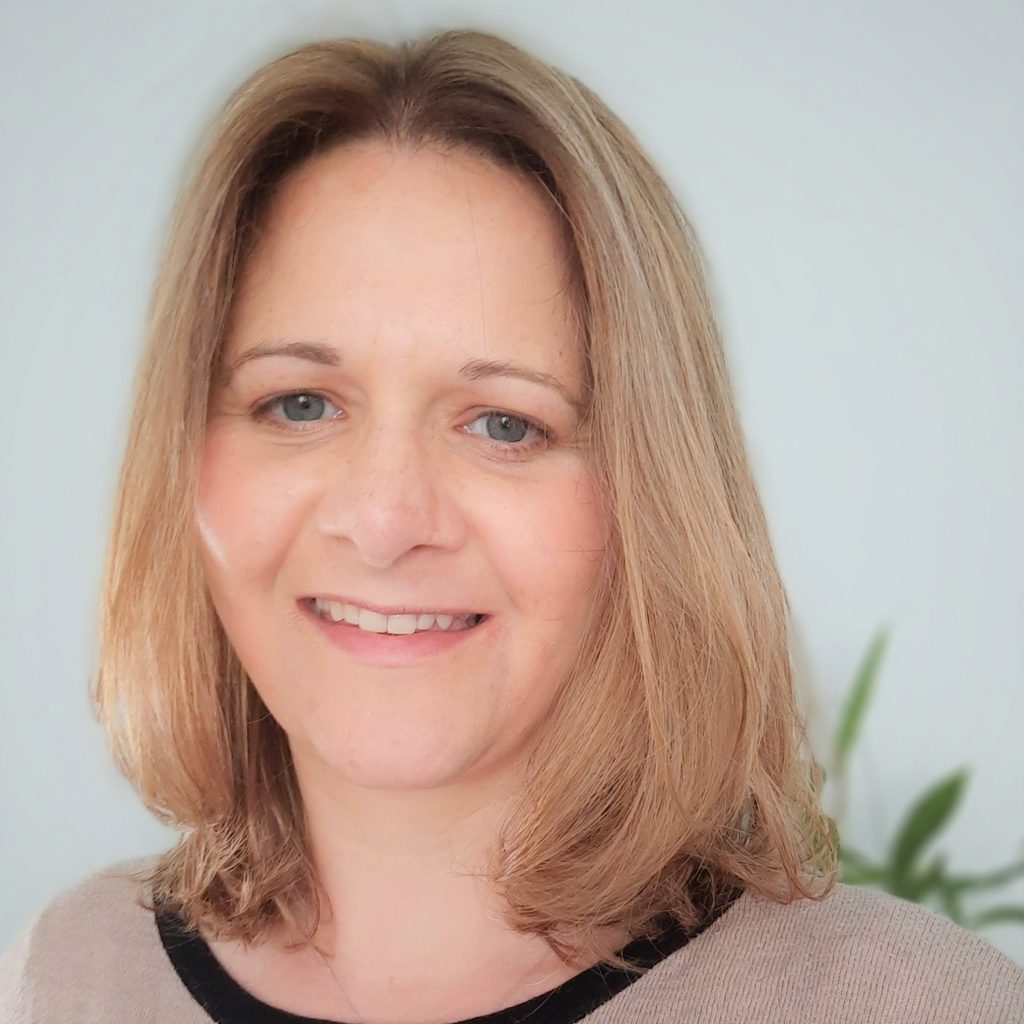ACRE 2022 Keynotes
Professor Alice Bradbury, Institute of Education, UCL
Education research in a time of change and challenge
The education sector has faced the most significant challenges since wartime in the last few years, after a long period of substantial policy change in the 2010s. The temporary transformation of the school sector into a combined face-to-face and online learning providers brought greater disruption than ever seen, and this hiatus in established ways of working offers an opportunity to think differently about education, as we re-establish normal life. At the same time, wider societal issues such as increased calls for racial equality and the growing significance of child poverty, alongside a changing political landscape, remind us that the challenges faced are always evolving. In this keynote, I argue that education research has a key part to play in shaping this period of transition and transformation, drawing on research conducted before, during and after the pandemic. This includes findings from two major ESRC-funded projects into primary schools’ priorities during the crisis, as well as from research on the experiences of teachers from minoritised groups. The aim will be to highlight the importance of collaboration between research and practice in a time of transition.
Alice is Professor of Sociology of Education at IOE, UCL’s Faculty of Education and Society, and co-director of the Helen Hamlyn Centre for Pedagogy (0-11 years). She specialises in research on the impact of education policy on classroom practices and inequalities, with a particular focus on issues of assessment in early years and primary schools. In recent years she has been part of a team conducting two major ESRC-funded projects on the impact of Covid on primary schools, as well as being involved in research funded by the DfE and Unison on the pandemic. She has written extensively on policy, inequalities and classroom practices, including the books Understanding Early Years Inequality (2013), The Datafication of Primary and Early Years Education (2017, with Guy Roberts-Holmes), and Ability, Inequality and Post-Pandemic Schools (2021).

Professor Elizabeth Walton, University of Nottingham
Pedagogical responsiveness in complex contexts: Towards transformative educational futures
The coronavirus pandemic has led to a global “situation of displacement” (Dryden-Peterson, 2019, p.51) in education. We find ourselves navigating new terrains, needing new and robust technologies and collaborations, reminded of the importance of the knowledge project, while responding to individual needs and circumstances. This presentation offers conceptual resources to support this navigation. Responsiveness and complexity have become familiar terms in our pandemic time. When applied to education, they take on particular meanings separately and in combination. The first part of the presentation draws attention to the many factors that complexify education. I argue that these factors are agentic, and interrelate in networked but non-linear ways that can be understood as general (rather than restricted) complexity. The challenge is to remain pedagogically responsive within contexts that are complex. Second, I will outline the characteristics and enablers of pedagogical responsiveness. The third part of the presentation brings the ideas of complexity and pedagogical responsiveness into relation with each other. I show that transformation becomes possible with optimal pedagogical responsiveness within a general view of complexity. I conclude by showing how these ideas help to advance the possibility of more just and equitable educational futures.
Dryden-Peterson, S. (2019). Refugee education: Backward design to enable futures. Education and Conflict Review, 2, 49−53.
Elizabeth is a Professor of education in the School of Education at the University of Nottingham. She serves as the Faculty of Social Sciences Director for Equality, Diversity, Inclusion and People, and leads the University’s focus on disability inclusion. Her research and teaching is in the field of inclusive education, with research interests that include: Teacher education for inclusive teaching, The field of inclusive education – its history, knowledge, and knowers, and Exposing exclusion and enabling inclusion in education. She is the PI on the British Academy funded project: Disabled Refugees Included and Visible in Education and is the co-convenor of the Unesco chair for Teacher Education for Diversity and Development, a visiting Professor at the Wits School of Education in Johannesburg South Africa and an Affiliate Member of The Centre for Inclusive Education at the Queensland University of Technology. Prior to her academic career, Elizabeth spent 20 years in secondary school teaching and educational leadership.
